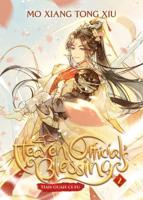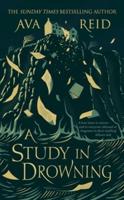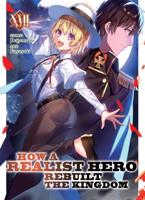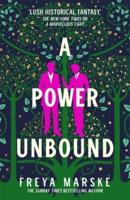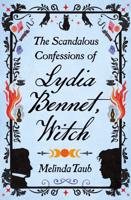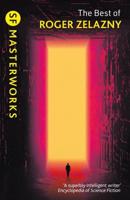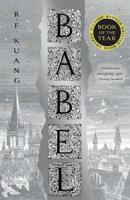Publisher's Synopsis
In the Iron Age, the world is changing.
At night, Isa Uliac lays down her scythe and dances by the fire, her reward for long hours in the fields. The land of June never changes - until the Remi come.
These strangers solve problems that should have taken years to unravel. Soon they build roads through the fields and demand tribute. The people of June no longer dance and sing. When the Remi nearly kill Isa's brother, she knows that she must act.
She sets off for Cantium, an old ally of June that no one has visited for generations. Only this legendary kingdom could defeat the Remi. But Cantium isn't what Isa expected. Can she overcome her horror at what she finds there and convince the Cantians to help June, before it's too late?
Fiction / Fantasy / Historical
Approximately 27,000 words (Novella)
Book 1 of "The Kings of Cantium" quartet
www.erica-olson.com
From Author's End Note:
"Cantium, though fictionalized here, was a real place: the present-day county of Kent in southeast England. I took the name from Julius Caesar's Gallic Wars, which mentions four kings of Cantium who ruled at the time of Caesar's expedition to Britain in 54 BC."
"These were Iron Age kings, each ruling from a hill-fort - a fortified center of population, production, and culture. Of all the British tribes, Caesar says, the Cantians were the most civilized."
"The Remi in "The Kings of Cantium" are rather like the Romans: foreign invaders with superior weapons and equipment and more systematized ways of doing things. Rome had conquered Iron Age Britain by the end of the first century AD."
"The real-life Remi were a people of northeastern Gaul (modern France). Allying themselves with Julius Caesar, they fought other Gallic tribes when most of the tribes rebelled against Rome. The Remi were a warlike people, famous for their horses. Later, after they were absorbed into the Roman Empire, Remi troops fought in many of Rome's campaigns, including, probably, the conquest of Britain."
"The events of this book, though, are entirely of my own invention. I could have written a strictly historical novel, but wanted to allow my imagination free room to play."


